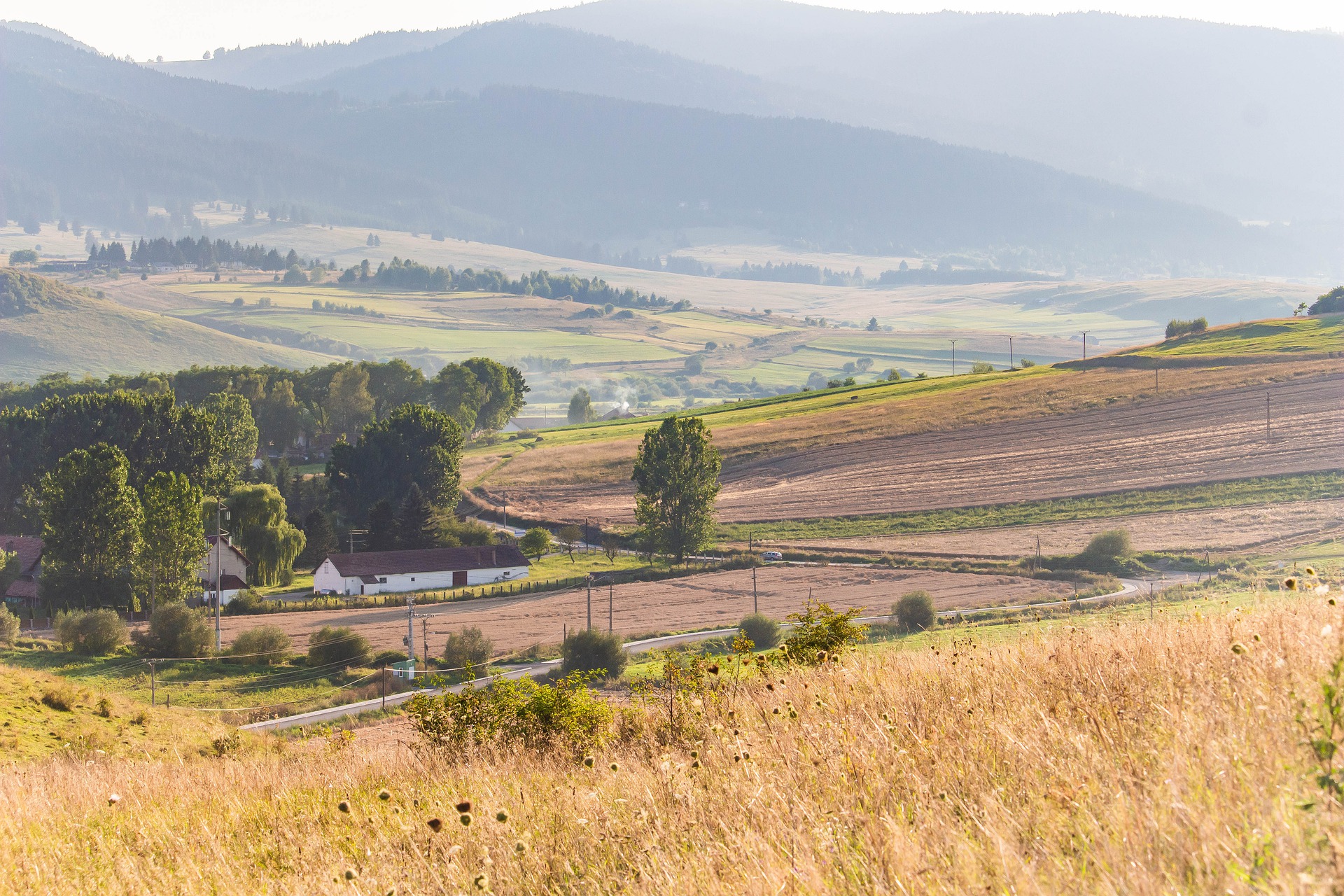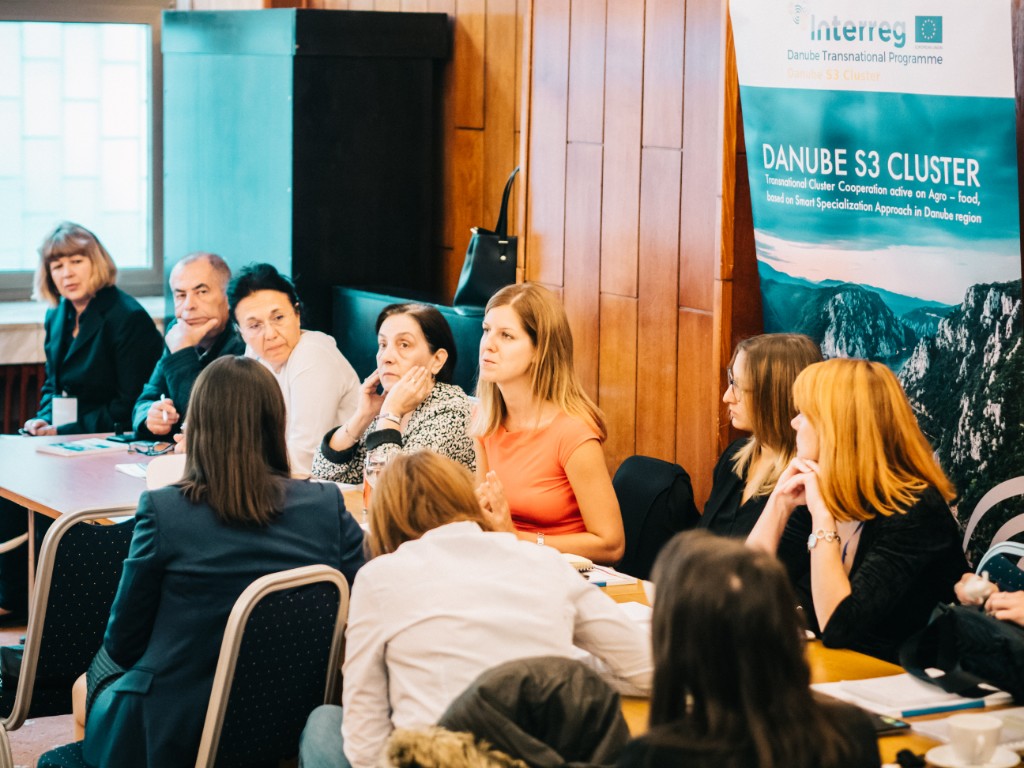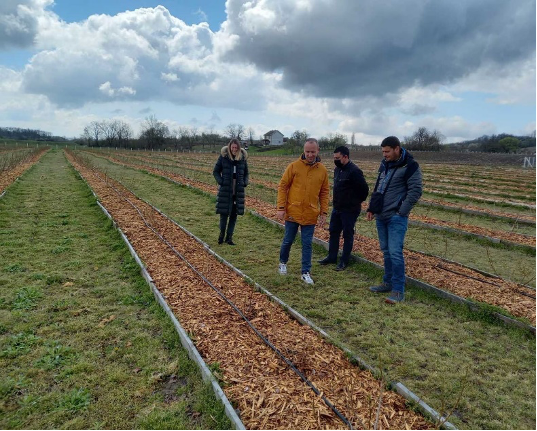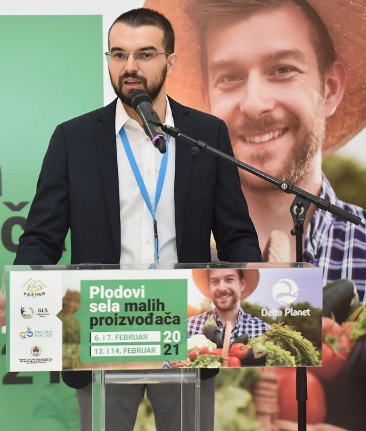Danube S3 Cluster - Farmer clusters working together for sustainable agriculture
10-08-2021
Air, water and soil pollution has become a major problem in food production in recent years, caused mainly by the excessive use of fertilizers, heavy machinery and pesticides. Promoting innovation in agrifood sector in the Danube region is the aim of the Danube S3 Cluster project. By giving a voice to farmer clusters, the project works on sustainable food future.
June 10, 2021
 Image: Pixabay
Image: Pixabay
Farmer clusters are an organized groups of producers. In terms of their activities, degree of internationalization, as well as level of public support and sustainability, the clusters in the Danube region show great variation. In particular as regards systematic innovation mechanisms, many clusters lag begind. As a results, there is an unbalanced distribution of innovation performance in the region, with dynamic development taking place mainly in the western part.
Local action plans for healthy food
Since 2018, partners from Romania, Hungary, Germany, Slovenia, Croatia, Slovakia, Bulgaria, Serbia, Bosnia and Herzegovina, Ukraine and Moldova have worked together on cloing the gap. First, by enhancing innovation management skills of cluster managers and members. Then, on a policy level, by leveraging the support ecosystem for innovation across the region.
Based on regional analyses, the Danube S3 Cluster developed a set of recommendations on how to support the development of a sustainable, resource efficient agrifood sector in the Danube region. Published as part of the Danube S3 Cluster Strategy, the recommendations suggest, for instance, that in order to strengthen their role and market efficiency, clusters use SMEs networks to support internationalisation and apply for certifications.
„Danube S3 Cluster project gave us the opportunity to cooperate with other stakeholders and introduce new dietary guidelines adapted to pandemic conditions and sustainable development of food production. This can be the start of a very fruitful cooperation on changing the habits of our population, by sharing the importance and health benefits of volunteering on farms, staying in nature, and staying in the forest. Newly formed clusters should not only produce healthy food but help spread the nutritional and dietary advantages of the consumption of local and seasonal products to the consumers.”
Midhat Jašić, Head of the Department of Food Technology, University of Tuzla

Image: Danube S3 Cluster
Innovations in agrifood chain in Bosnia and Herzegovina
To ensure the successful take-up of the recommendation developed as part of the project, they were tested with clusters in 5 pilot locations in Croatia, Bosnia-Herzegovina, Romania, Serbia and Slovakia. In the pilot action implemented in Bosnia-Herzegovina, for example, several meetings of stakeholders have paved the way for a successful farmer cluster cooperation in the territory of Republika Srpska. Thanks to their cooperation, a training of farmers and food producers in HACCP, IFS and HALAL standards was organized, enabling local agrifood sector to get familiar with and adopt new technologies and processes, such as an automatic milking system (AMS), or environmentally friendly and degradable cellulose fiber-based solutions for packaging of agricultural products.
„Danube S3 Cluster project was the first to introduce the importance of grouping farmers into clusters. Although Bosnia and Herzegovina still doesn't have the law on agricultural clusters, it encouraged Ministry of Agriculture to help create 7 informal clusters in the teritory of Republija Srpska. Cooperation agreements signed with Serbian clusters within Danube S3 Cluster project helped our cluster to develop and start mass production of blueberry based on the experiences of partners from Serbia.“
Bojan Cikic, Manager of the GLS Cluster in municipalities of Gradiška, Laktaši and Srbac


Image: Danube S3 Cluster
